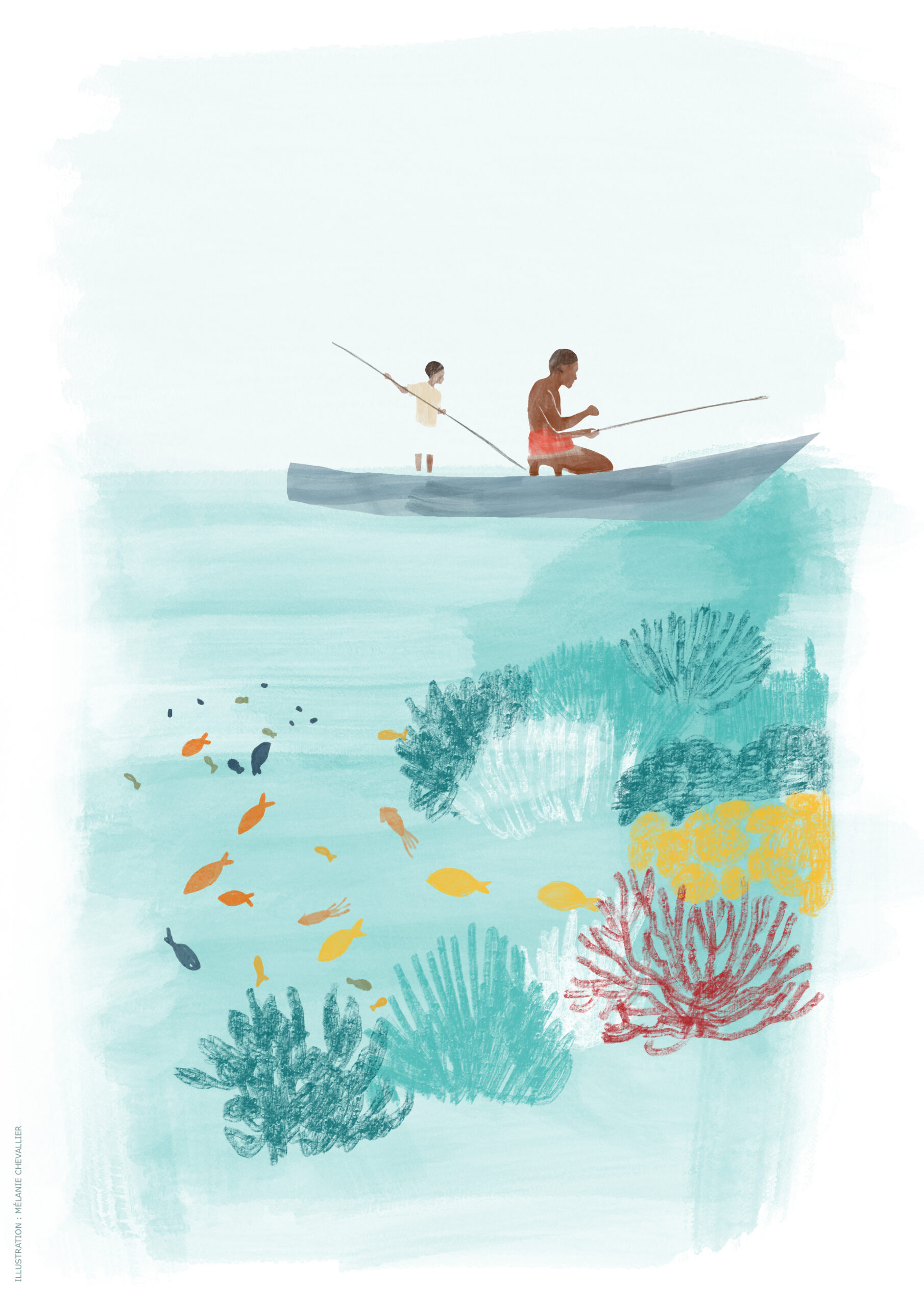
Scientific Advisory Board
The Scientific Advisory Board (SAB) is the program’s independent external interdisciplinary scientific body, providing advice to the program’s management bodies on the various actions undertaken to meet the BRIDGES objectives. It is made up of 9 qualified individuals, serving on the committee intuitu personae. In particular, the SAB is responsible for :
- Assessing the relevance of the strategic direction, the program roadmap and the implementation plan
- Proposing new avenues for research, innovation and development
- Discussing possible scientific and technical collaborations to be developed (national, European, international).
The Scientific Advisory Board
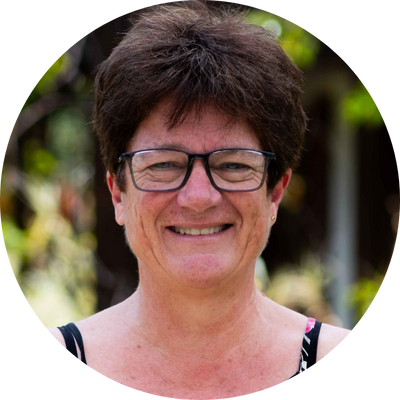
Amanda Lombard
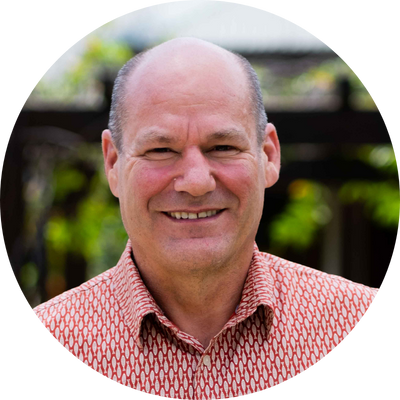
Edward (Eddie) Allison
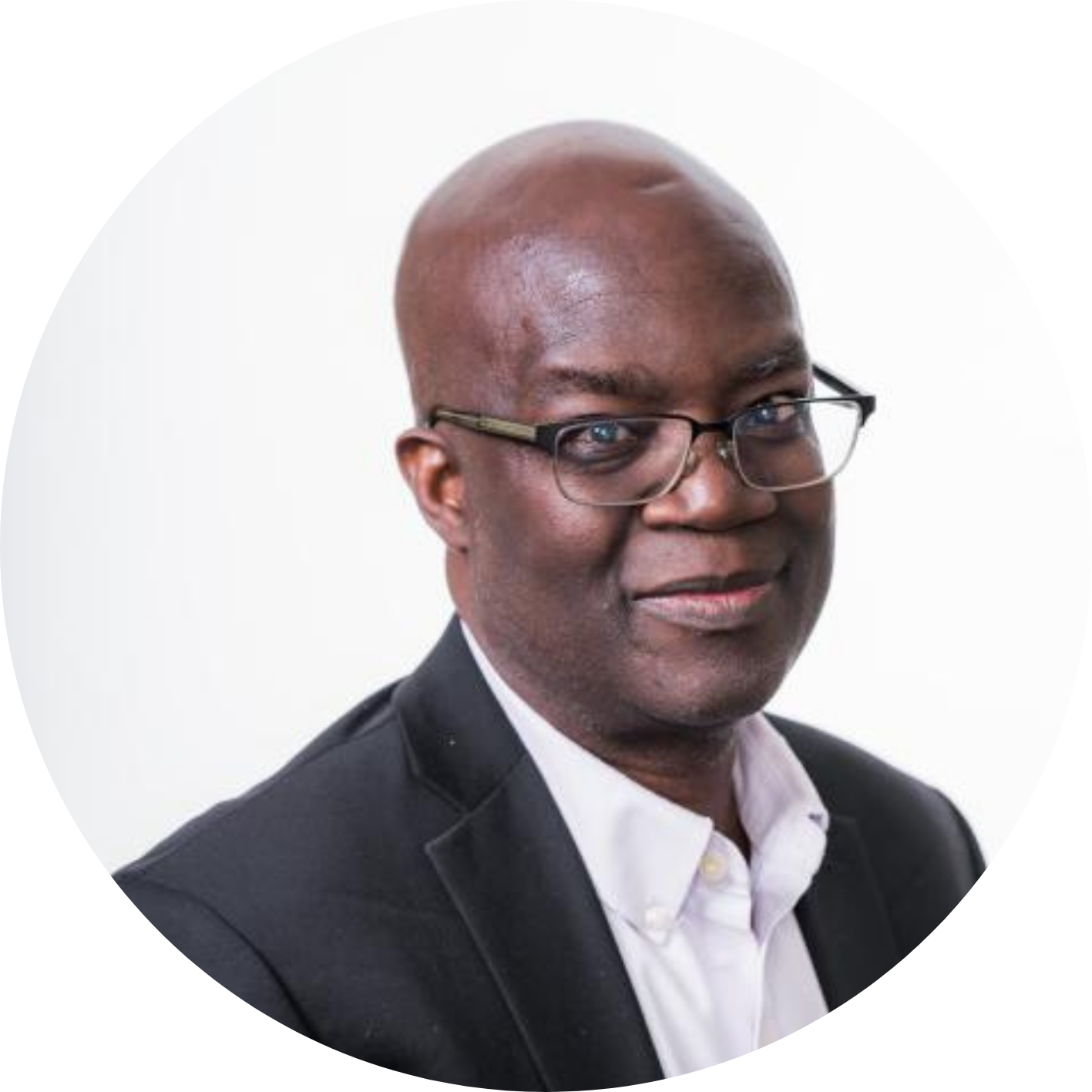
Rashid Sumaila
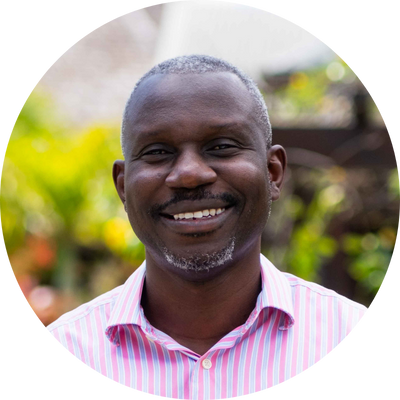
Arthur Tuda
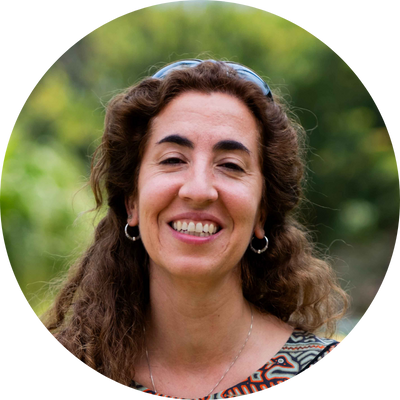
Marta Coll
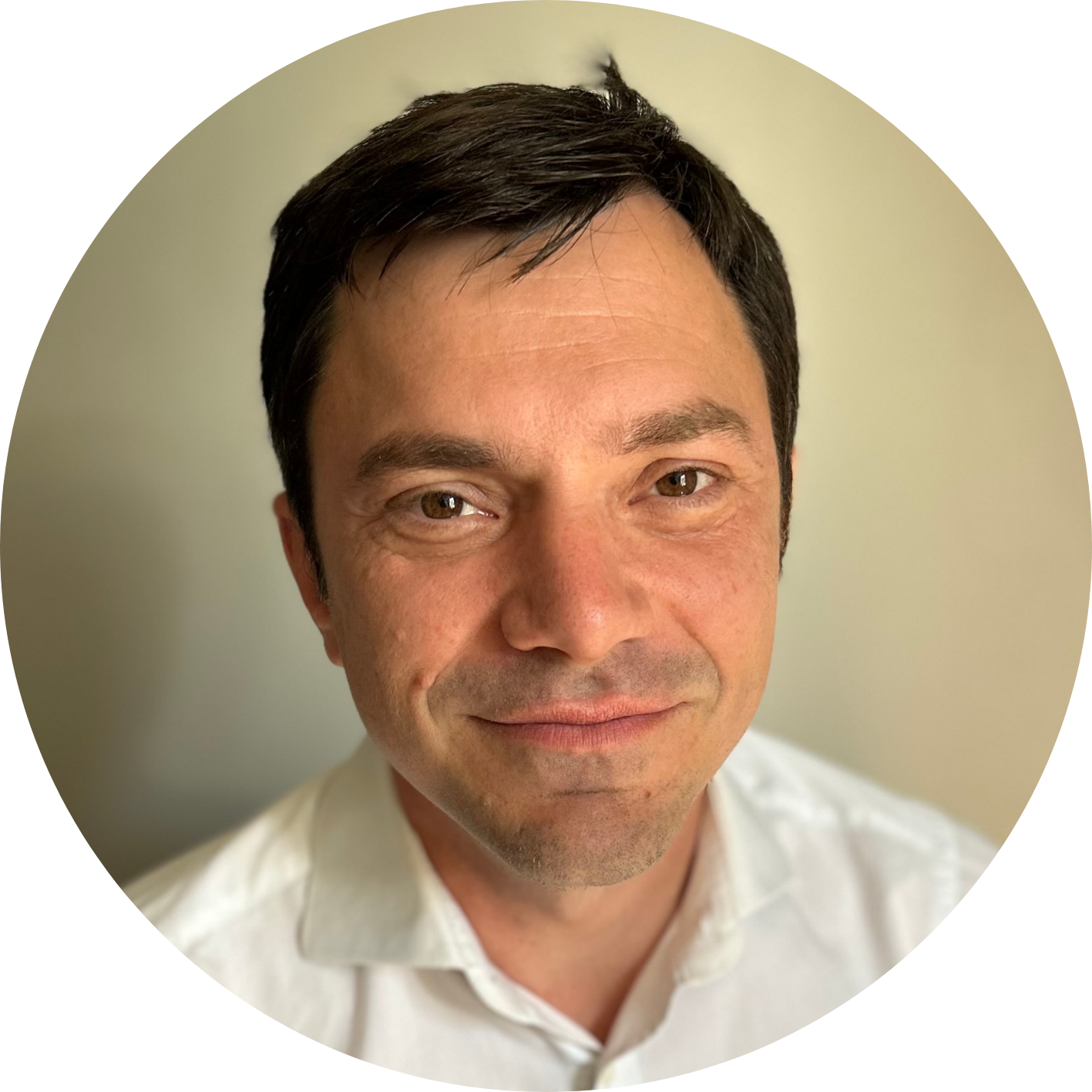
Robert Blasiak
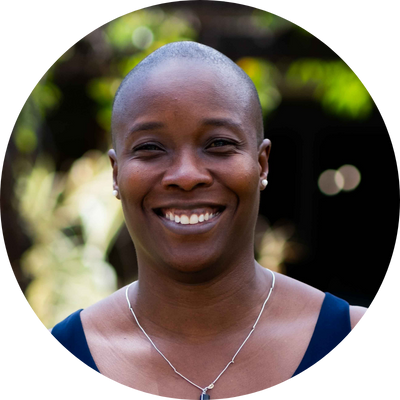
Célia Macamo
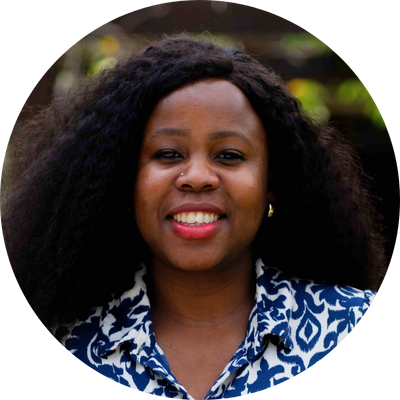
Philile Mbatha
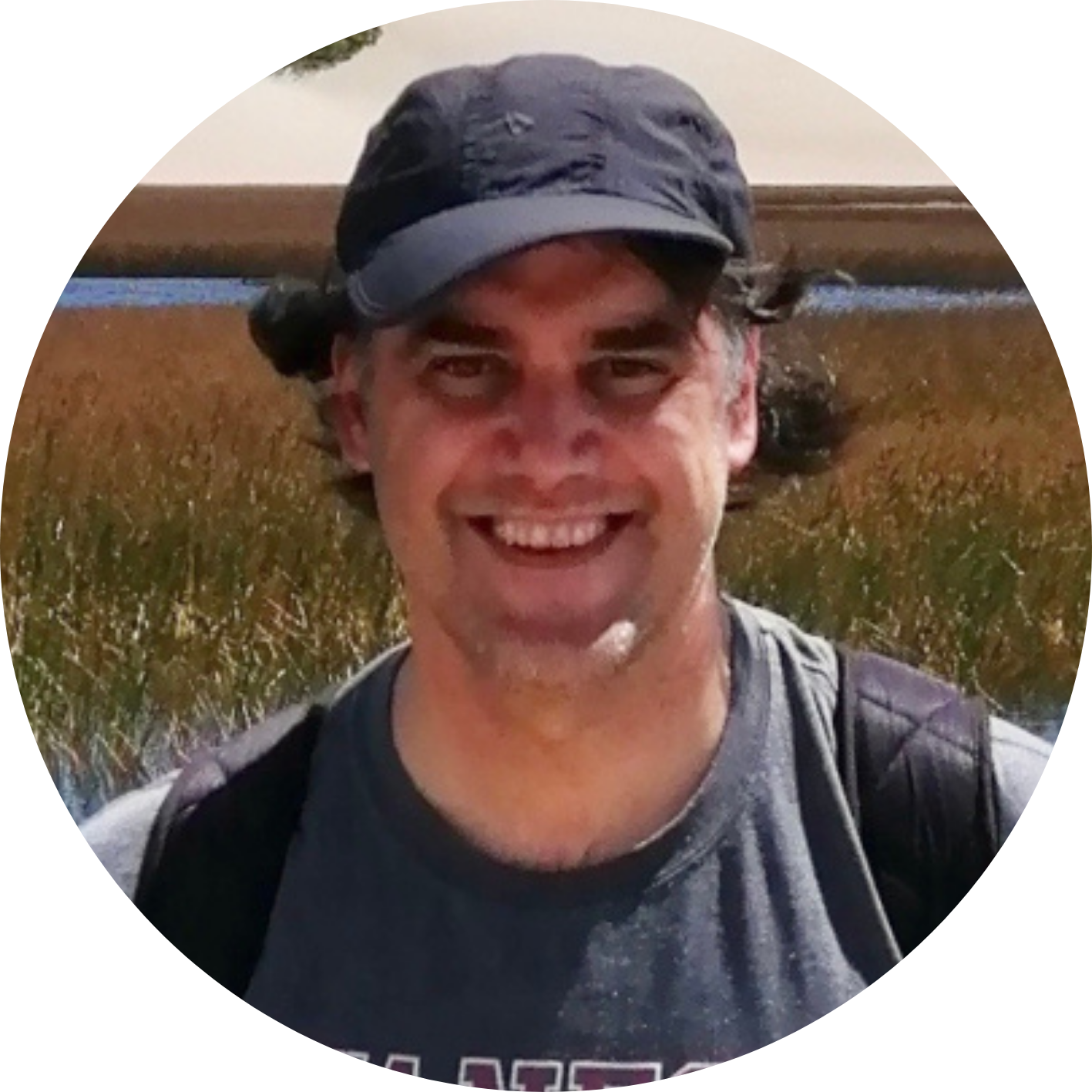
Sebastian Villasante
Amanda Lombard is a professor and researcher in conservation planification at Nelson Mandela University (South Africa). Her early work advanced conservation planning research in South Africa and was instrumental in establishing it as a necessary step in policies to expand and proclaim both terrestrial and marine protected areas. Professor Lombard now works to address the gaps of marine spatial planning capacity in research, teaching or policy development in South Africa. she is an editor of the Journal Conservation Letters and a board member of the Marine Section of the Society for Conservation Biology.
Arthur Tuda is the Executive Director and has been Executive Secretary of WIOMSA (Western Indian Ocean Marine Science Association, based in Zanzibar, Tanzania) since February 2020. In this role, he provides leadership for WIOMSA’s current programs (research support, capacity development, knowledge management) and shapes WIOMSA’s vision for the future. His work focuses on ocean management and conservation, notably through improving the use of science for the adaptive management of marine protected areas (MPAs) in the Western Indian Ocean (WIO) region and building partnerships between these MPAs.
Célia Macamo is a marine biologist with a PhD in marine botany, and has been teaching at the Eduardo Mondlane University in Maputo (Mozambique) since 2008. She is currently Director of the Master in Conservation Biology and Ecology. Her research focuses on the ecology and management of mangrove forests, but also extends to the botanical components of other marine and terrestrial ecosystems. Célia Macamo is the national representative of the Western Indian Ocean Marine Science Association, a member of the Mangrove Capital Africa advisory group and the focal point of the Western Indian Ocean Mangrove Network.
Edward Allison is a Principal Scientist at the international research organization Worldfish (Malaysia). His research focuses on the connections between humans and natural resources, including i) the contributions of fisheries and aquaculture to food and nutrition security and coastal habitats ii) the governance of small-scale fisheries and aquaculture and the human rights of fishers and iii) the vulnerability and adaptation to climate change of marine resource-dependent populations. He advises the High Level Panel for an Ocean Economy and the Oceana organization.
Marta Coll is a researcher at the Institute of Marine Science (ICM–CSIC) (Barcelona, Spain). Her research focuses on understanding patterns and processes that have and will characterize marine ecosystems and, in particular, changes of, and threats to, marine biodiversity. She currently works on developing and testing scenarios of future trajectories of change to find best solutions for transformative management of the oceans.
Philile Mbatha is a Senior Lecturer in Environmental and Geographical Science at the University of Cape Town (South Africa). Her research focuses on marine and coastal governance in the Western Indian Ocean region of Southern Africa, with a particular emphasis on rural contexts along the coast. Her work contributes to rural development by linking policy-making platforms and institutional arrangements that manage coastal resources with people on the ground and the realities of their livelihoods. She is also Deputy Director of the One Ocean Hub.
Rashid Sumaila is a Professor and Canada Research Chair (Tier 1) in Interdisciplinary Ocean and Fisheries Economics at the Institute for the Oceans and Fisheries, and the School of Public Policy and Global Affairs, University of British Columbia (Canada). His research focuses on bioeconomics, marine ecosystem valuation and the analysis of global issues such as fisheries subsidies, marine protected areas, illegal fishing, climate change, marine plastic pollution, and oil spills. He won the 2017 Volvo Environment Prize and was named a Fellow of the Royal Society of Canada in 2019.
Robert Blasiak is Associate Professor at the Stockholm Resilience Centre at Stockholm University (Sweden), where he leads research programs on ocean stewardship, marine biotechnology and financial risks of climate change impacts on seafood production. He currently leads the science team working with the science-industry collaboration Seafood Business for Ocean Stewardship (SeaBOS), seeking to understand if keystone actors can trigger transformative change towards ocean stewardship.
Sebastian Villasante is a Professor and researcher at Santiago de Compostela University (Espagne). His research focuses on the coastal ecosystem services by mainly assessing the ecological and economic contribution of fisheries, aquaculture and recreational fishing activities; governance of the oceans; climate change; marine ecosystem services and poverty alleviation. I combine quantitative and qualitative methods and training in fisheries science, governance and economics to understand linkages between ecological and socioeconomic components of marine systems at multiple scales.